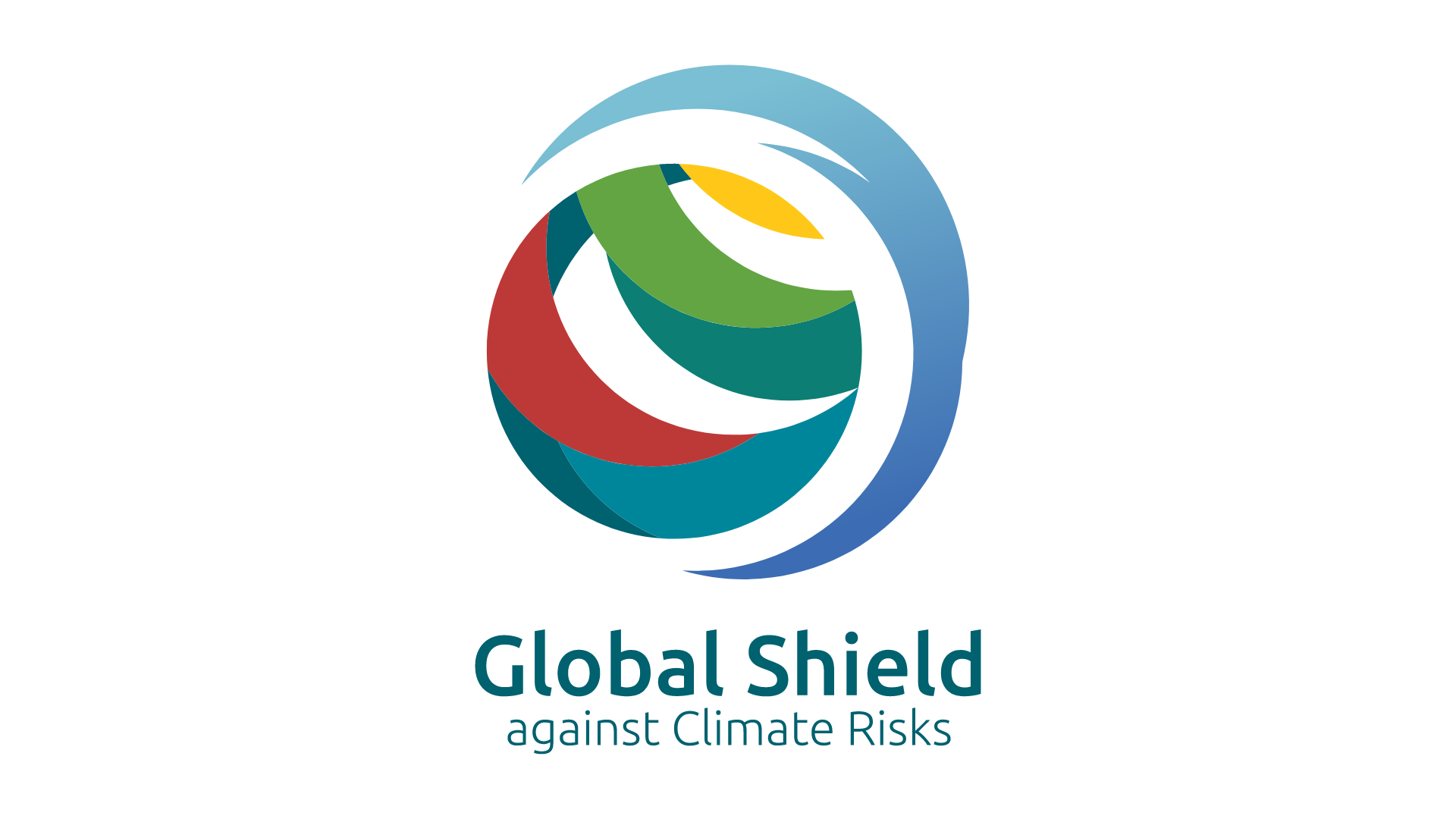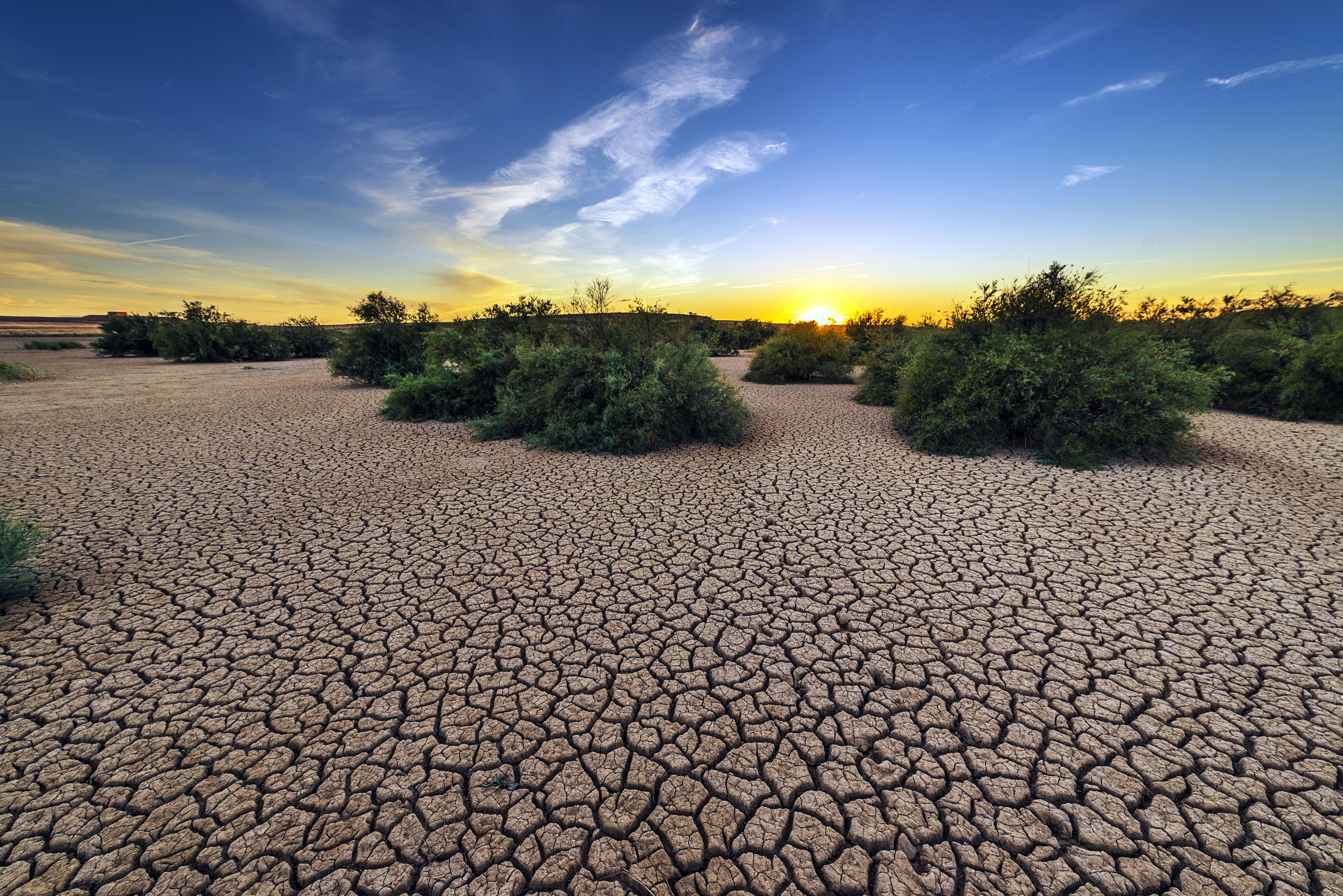Loss and Damage V20 and G7 agree on financial protection cooperation, to formally launch Global Shield against Climate Risks at COP27
14 October 2022 | Washington DC – The V20 Group of Finance Ministers from climate vulnerable economies and the G7 Presidency today announced they have reached agreement on a financial protection cooperation that responds to loss and damage as a contribution to the Paris Agreement on climate change. V20 and G7 will jointly launch the Global Shield against Climate Risks at COP27 in a wider effort to accelerate pre-arranged financing at speed and scale.
V20 Chair Kenneth Nana Yaw Ofori-Atta, Finance Minister of the Republic of Ghana, and Svenja Schulze, Federal Minister for Economic Cooperation and Development, from the G7 Presidency met in Washington DC to conclude the final details of the Global Shield.
Ofori-Atta: “We are pleased that the G7 Presidency of Germany has partnered with the V20 on the Global Shield Against Climate Risks. It is obvious that our socio-economic losses are compounding due to the increased severity and scale of climate-fuelled risks. V20’s debt service payments alone are half a trillion US dollars over the next four years, and on top of that, the Group is facing inflation and currency depreciation against the dollar. Pre-arranged funding and the efficient delivery of subsidies for insurance through the V20 Trust Fund is critical to ensure that we do not increase our debt burdens. It’s important to recognize that we do not ask for charity. What we need is stronger economic cooperation through Climate Prosperity Plans between the developed world and the climate vulnerable countries of the world. We need new investments enabled by protection instruments under the Global Shield to fortify our economies, supply chains and communities against these accelerating climate risks. I am pleased that Ghana is part of the pathfinder countries under the Global Shield and look forward to expedited action so we can scale up this intervention across the African continent and the rest of the developing world.”
Schulze: “Already today, climate change is a dramatic reality. It is no longer a question of whether climate change-related loss and damage will happen, it is only how often it will occur – and how fierce and how expensive it is, and most importantly, who is affected most. To stop the climate crisis from becoming worse, we need to drive global climate action with even greater commitment. This includes that we must acknowledge that there is climate-related loss and damage and that the most vulnerable countries, in particular, need our solidarity in dealing with it. This is where we want to build bridges for the upcoming global climate conference in Egypt by putting forward concrete solutions. The world needs concrete action more than words in order to deal with loss and damage. Together with the most vulnerable developing countries, we have taken a big step in this regard. The decision to build together a Global Shield against Climate Risks will offer millions of vulnerable and poor people financial and social protection after climate disasters.”
The Global Shield includes the following:
- Strengthened coordination within the global climate and disaster risk finance and insurance (CDRFI) architecture across G7, V20 and other climate vulnerable economies to ensure coherence of different institutions’ and donors’ efforts at the global, regional and national level.
- A global, flexible, and collaborative financing structure to mobilise and pool respective donor and other funds and enable a more systematic global approach to closing protection gaps.
- Sustained protection in the face of increasing climate risks by scaling up existing successful CDRFI programmes, including social protection schemes, and preparing country-specific, needs-based CDRFI support packages, including the scaling up of smart premium and capital support to address affordability barriers.
The Global Shield builds on the InsuResilience Global Partnership which the V20 and G20 previously introduced with a goal of protecting 500 million people in climate vulnerable countries by 2025. The Global Shield is a wider approach that encompasses a substantial scale-up of these efforts including social protection schemes, with V20, G7 and further members.
Formed in 2015, the V20 Group of Finance Ministers is a dedicated cooperation of economies systematically vulnerable to climate change. V20 Group members are also states of the Climate Vulnerable Forum (CVF). V20 Group membership stands at 58 economies representing some 1.5 billion people including Afghanistan, Bangladesh, Barbados, Benin, Bhutan, Burkina Faso, Cambodia, Chad, Colombia, Comoros, Costa Rica, Côte d’Ivoire, Democratic Republic of the Congo, Dominican Republic, Eswatini, Ethiopia, Fiji, The Gambia, Ghana, Grenada, Guatemala, Guinea, Guyana, Haiti, Honduras, Kenya, Kiribati, Kyrgyzstan, Lebanon, Liberia, Madagascar, Malawi, Maldives, Marshall Islands, Mongolia, Morocco, Nepal, Nicaragua, Niger, Palau, Palestine Territories*, Papua New Guinea, Philippines, Rwanda, Saint Lucia, Samoa, Senegal, South Sudan, Sri Lanka, Sudan, Tanzania, Timor-Leste, Tunisia, Tuvalu, Uganda, Vanuatu, Viet Nam and Yemen.
[*As a UN non-member observer state]
The Group of 7 (G7) consists of Canada, France, Germany, Italy, Japan, the UK and the USA. The European Union also participates in G7 meetings. Germany took on the presidency of the Group of 7 from the United Kingdom on 1st January this year. The presidency lasts for one year.



